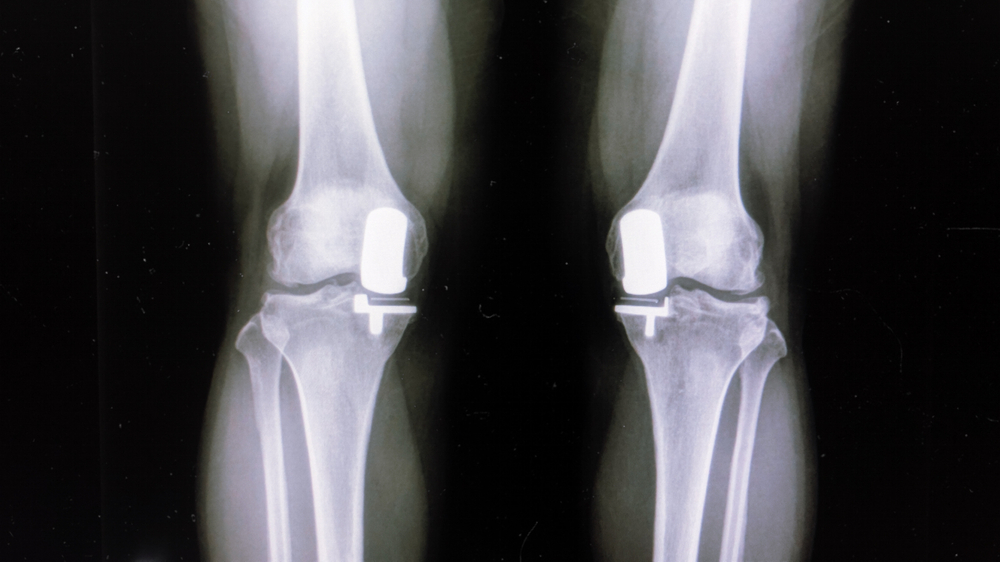This is a guide to some of the terminology you might encounter in reading the information published as part of our investigations into the finances of ICSs
Control total – This is the target financial endpoint for each Integrated Care System at the end of the year, as agreed with NHS England. For most, this results in an end-of-year deficit.
Expenditure limits -Integrated Care Boards (ICBs) have a statutory duty to ensure that expenditures are within the limits set by NHS England.
Efficiency and productivity savings – NHS leaders are being asked to make efficiency and productivity savings of 6% on average, with requirements ranging from 1.6% to 11%.
Real-Terms Increase – When a funding increase is described in “real terms,” it accounts for inflation.
Higher inflation reduces the spending power of health and social care budgets, which can be more accurately represented using real-term figures. The NHS has several ways to account for inflation.
Recurrent Savings – These are not one-off methods to improve the budget, such as selling off land, but rather initiatives that can be repeated in subsequent years.
Savings targets – Each ICS sets these to achieve productivity and efficiency savings while remaining in surplus.
Surplus / Deficit – A budget surplus occurs when the revenue of an ICS (total income) exceeds spending. At best, most ICSs aim for break-even, but according to current figures, many will end 2024/25 in deficit, beyond their agreed control total.
Variance from the control total – This is the difference between the actual and the planned financial figures
Year to Date – Total so far – at a point before the year-end.
Dear Reader,
If you like our content please support our campaigning journalism to protect health care for all.
Our goal is to inform people, hold our politicians to account and help to build change through evidence based ideas.
Everyone should have access to comprehensive healthcare, but our NHS needs support. You can help us to continue to counter bad policy, battle neglect of the NHS and correct dangerous mis-infomation.
Supporters of the NHS are crucial in sustaining our health service and with your help we will be able to engage more people in securing its future.
Please donate to help support our campaigning NHS research and journalism.


